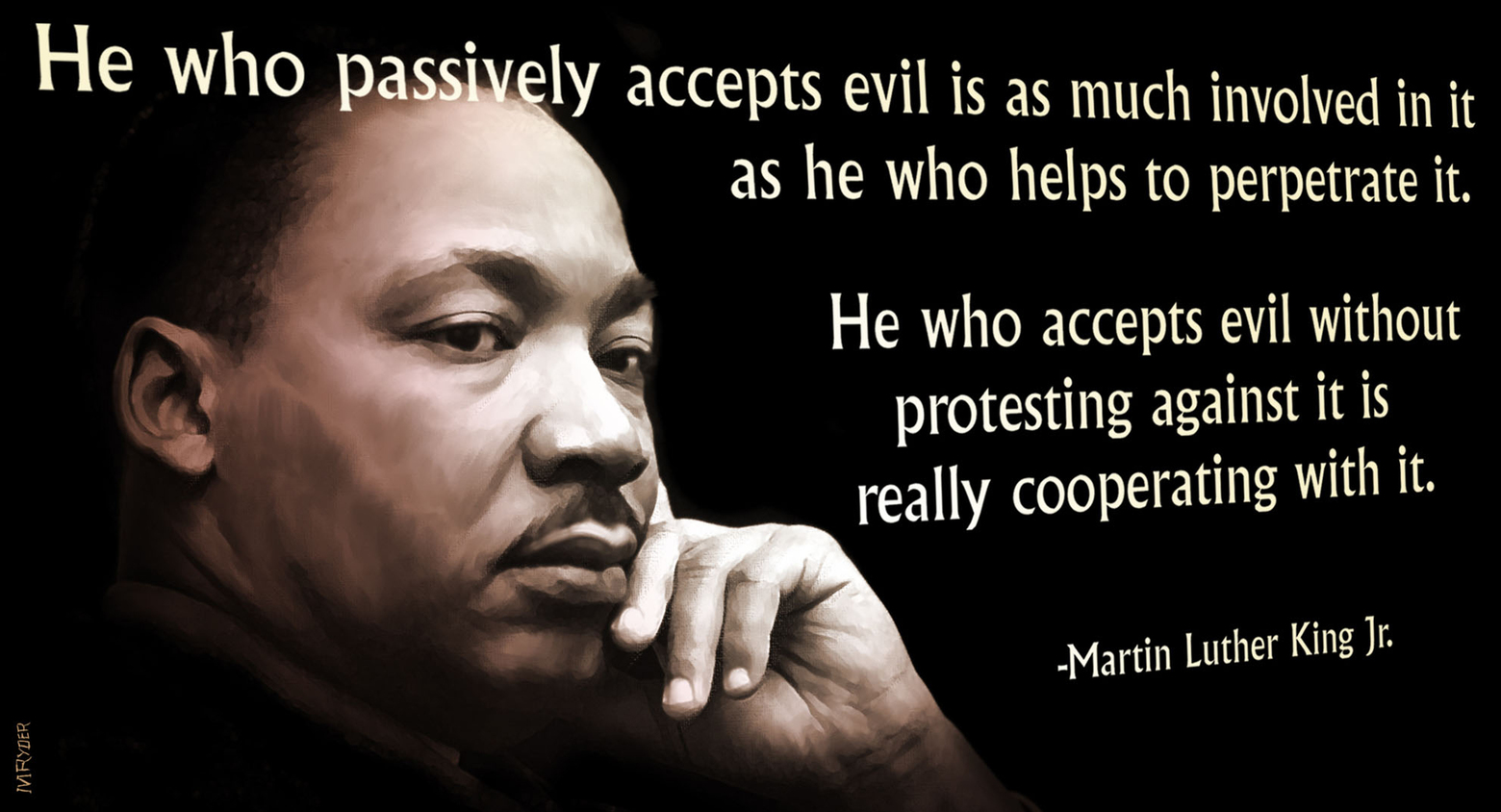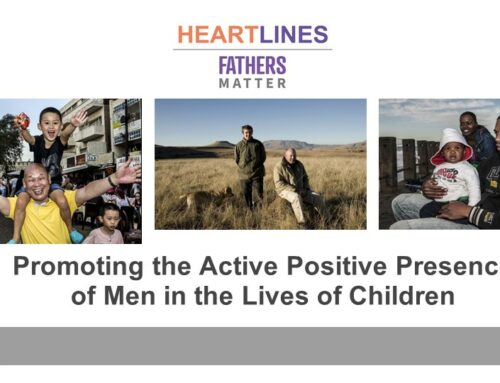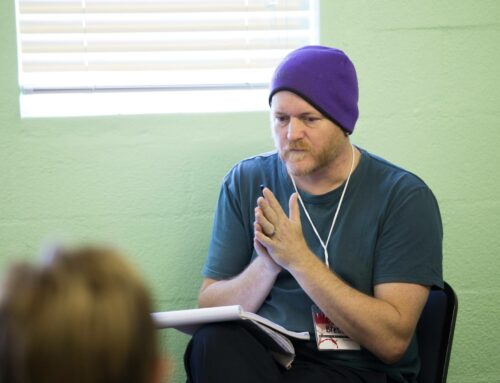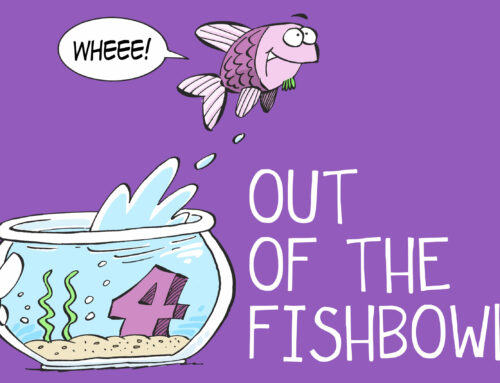In spaces of social justice and activism there is often a call for greater kindness. Which i absolutely agree with. But for who?
‘Be Kind, but with Spine!’
Wow! That is a powerful quote i read today [which may or may not be by Karen Salmansohn, hard to determine] and it sums up quite well what i wanted to write about.
i believe deeply in being kind. In the scary and often brutal world we live in, kindness feels like such an absolute necessity.
But as Val and i were reflecting on the #BlackLivesMatters movement [if your response to that tag is #AllLivesMatter, then please go and read this before continuing] in the wake of both the George Floyd murder and the altercation between the ironically unrelated Christian Cooper and Amy Cooper in Central Park, this thought came to mind.
“Kindness to one person can mean violence to another.”
The things behind the things
We watched all the different cartoons and analogies flying around social media, trying to explain to people why #BlackLivesMatters is significant and why the call to #AllLivesMatters can be a distraction or deflection from that. The idea that a cartoon sheep on the edge of a cliff or two cartoon pigeons reading newspapers were enough to convince people of something a white cop’s knee on a black man’s throat was unable to.
A really helpful conversation with my friend Mzwandile yesterday brought out some further aspects i hadn’t even considered:
[1] The reality that to so many people, black people are sub-human in some way. So this sense that the first conversation you have to have is convincing people that this was a human. i think one way we see this is in how the media portrays people found guilty of crimes – when it is a white person, they are often shown in wholesome smiling family pictures or graduation clothes [this was a good person and something went wrong]; whereas a black person is often shown drinking, smoking and maybe womanising in super casual clothes [it was just a matter of time].
Mzwandile said to me, “If the man is white, then you don’t have to go through that process, because the assumption starts that he is human and his life holds value.” [paraphrase] That is a hectic thought to try and hold.
[2] The time taken to convince white people. This was an aspect i had not considered at all. So there is an incident and someone posts a cartoon about sheep and then someone posts a cartoon about a man with sore legs and then someone posts two houses and one is fire and then someone posts Jesus saying, “Blessed are the poor” with someone interrupting “Blessed are all people, Jesus!”
Whereas, if it was a white person, the rage would have been immediate. And the energy and trauma associated with that time when it is being taken by black people to try and convince white people around them.
Mzwandile mentioned ‘trauma’ a number of times in our conversation and that is such a significant part of living with daily racism. Repeated trauma that lingers.
When opposing racism is a tiring hobby
It was on Mzwandile’s page where i actually saw this article being shared: White people exhausted after five straight days of opposing racism.
This is the comment that he posted with the article:
“That is why I refrain from posting or ‘hashtaging’ declaration such as “Black Lives Matter” because “Black Life” (if there is such a thing) only “matters” for a short period of time, if not a peripheral mattering. It is extremely exhausting to reflect meaningfully about blackness. It requires serious commitment and rigorous intellectual labour. Calvin Warren makes an important note: “Black Lives Matter assumes ontological ground, which propels the deployment of its terms and sustains them throughout the treacheries of antiblack epistemologies.” (Ontological Terror, 2018:2).” [Mzwandile Nkutha]
This strongly satirical piece shares the other side of this aspect of Violence that i am wanting to discuss here:
‘Smith says his stress comes from an understanding that systemic racism affects everyone, including the white people who want to be supportive of oppressed racial and ethnic minorities at constant risk of being murdered by agents of the state, but who also don’t want to appear as if they don’t respect local law enforcement. “It’s a balancing act between being both woke, and fully supportive of the people I call everytime I think I see a suspicious person in my neighborhood,” said Smith.’

The Violence that can lurk behind Kindness
This is the issue for me: Something that looks like Kindness for one person can be experienced as Violence by another.
An extreme example would be if someone murdered someone you care about. If the police or law courts decided, upon reviewing the evidence, that the murdered had had a really tough life and to let him off with a warning, that would be experienced as a huge kindness by the murderer. It would likely feel like a devastating Violence on the family and friends of the victim.
Bringing it closer to home, when we say to white people, “Take as long as you want until you are ready to start engaging with your racism and only step in when it feels comfortable to you”, is that not a violence to black, coloured and indian people?
This is not me speaking for black people, by the way. This is echoing the cries and frustrations of so many people i care deeply about, as well as those of countless strangers on social media.
So when you talk about being kind, my response is: Yes, absolutely. But to who? Who are we choosing to be kind people? And are we once again going to lean towards the side of the oppressors? Really?

The bar is pretty low
This feels like such a difficult one for those of us trying to do the work of engaging with fellow white people and invite them to join us on a journey that many of us are still relatively new to. Because if we don’t engage with them in a way that feels nice and comfortable and non-judgemental to them, then they might back totally away and never join in.
Which led to me writing this piece on the weekend – ‘Why it’s not okay that i took so long’ – obviously i can’t go back and change the past and realise the need for me to be engaging with race inequality in South Africa. But at the same time it sucks that it took me so long. And it sucks that 25 years into so-called post-apartheid [how much have we actually stopped being apart?] we are still calling for more time and gentleness and comfortability for white people, without realising what that means for those living the effects of racism.
Are you exhausted after a week of leaning into #BlackLivesMatters things? Imagine living every day with race being a determining factor in terms of what access you are granted, how suspiciously people look at you, how much you have to change your name or dress or way you speak to fit in.
Just spent some time reading through the posts in the #YouSilenceWeAmplify tag on Instagram. Students, past and present, from a number of different schools in South Africa are sharing some of the racial incidents and experiences they had or are having at school. It is devastating and the longer we take to change it, the more damage is done on a daily basis.
When do we move the Kindness towards black, coloured and indian people? When do we say, “Enough is enough!” and lose patience with white people who are taking too long.
Does it have to be one or the other? Of course not. Someone private messaged me last night to ask why, in the light of my previous blog post, i posted a cartoon about #BlackLivesMatters? Because i will do whatever it takes to move white people towards the realisations we all need to have. But at the same time I can be deeply disappointed that as grown adults who can understand trigonometry and figure out tax and learn how to bake croissants, we find this race stuff too difficult to figure out.
Every time we allow a white person to sit in their ignorance or take their time to engage with issues of race when they are ready and when it feels comfortable, we are complicit in allowing racism to fester and steal and destroy.
The Very Best Way
Be kind, but with spine. i like that. When you kid reaches for the hot plate of the stove, sometimes you have to smack their hand away. It doesn’t feel kind, but that’s the kindest thing you could have done for them in the moment.
Finally, i wonder if this thought is significant at all.
Perhaps one of the biggest problems with our view on racism is that we see it as the presence of a bad thing and not the absence of a good thing?
You are missing out on living life in a community that has the richness of black, coloured and indian people in it. If we honestly believed this, surely we would fight for it for everyone else around us as well? Yes, racism is awful and must be stamped out. But beyond that, there is so much life and laughter and culture and taste and learning to be had in spaces with people of other races. So many stories to be shared and embraced and learned from and so much more.
Who are we being kind to?
Is our kindness to those people ever the cause of pain for someone else? Or the continuation of it?
Is there something that needs to change in me? [This is the best place to start these conversations, in front of the mirror!]







Leave a Reply